
How to take Creatine: Everything you need to know
This article will cover off everything you could ever want to know in regards to how to take creatine and what you can take it with. Creatine – particularly creatine monohydrate is incredibly versatile – and comes in either flavoured or non-flavoured versions.
Creatine can be found in numerous forms including powder and pills. It’s a very popular supplement for individuals who wish to not only boost energy levels but also increase lean muscle mass. Creatine is the most scientifically studied supplement on the market and has been found to promote greater training adaptations, and muscle hypertrophy allowing athletes to perform high-intensity exercises enabling them to train harder and longer, resulting in greater muscle gains (Volek et al. 1993 & Olsen et al 2006).
Find out how to take Creatine and everything you need to know below…
Jump to:
- How to take Creatine?
- Can I take Creatine with other supplements?
- Can I mix Creatine with BCAA’s?
- Can I mix Creatine with Beta-alanine?
- Can you add Creatine to a pre-workout?
- Can you add Creatine to a post-workout?
- Can you add Creatine to coffee?
- Can you cook/bake with Creatine
- Can you add Creatine to smoothies?
How to Take Creatine?
Taking creatine is easy. If you’re using Creatine Monohydrate, you have the option of a “loading phase” where you take about 20 grams per day for 5-7 days to saturate your muscles quickly. After that, you can switch to a “maintenance phase” of 3-5 grams per day.
You can mix the recommended dose with water or a beverage of your choice. Timing isn’t crucial, but some prefer to take it after a workout.
Just remember to stay hydrated throughout the day. Consulting a healthcare professional before starting any supplement regimen is always a good idea, especially if you have any health concerns.
Can I Take Creatine With Other Supplements?
Yes! Creatine is such a versatile powder and can easily be mixed with other supplements. As pure quality creatine dissolves easily in water, simply just add it in with your other powders. Of course, if you’re mixing two different flavours then it may taste a little funny, so just double check when adding it to an already flavoured drink that it’s the same flavour or unflavoured, simple as that.
Combining creatine with other supplements can increase its effectiveness and only enhance its muscle building possibilities.
Can I Mix Creatine With BCAA?
Absolutely these two can be used together, working like a match made in heaven.
If you’ve come across energy boosting supplements then it’s a pretty sure occurrence that you’ve seen creatine and BCAA’s in the same sentence.
You can sip with confidence knowing that combining the two won’t cause any concerning side effects to your health. In fact, many pre-workouts combine the two for the very reason that they’re incredible at helping you push through intense workouts.
If you want to learn a little more about how BCAAs work then click through here: What are BCAAs?
Can I Mix Creatine With Beta-alanine?
Yes, yes, yes and yes again.
Studies have found that combining Creatine and Beta Alanine improved body composition in terms of increased muscle mass and decreased body fat to a significantly higher level than those supplementing with Creatine alone and/or taking a placebo.
The duration of this study was over 12 weeks and all groups undertook exactly the same exercise regime, which just goes to show its effectiveness together. Again you’ll find these two bad boys together in powerful pre-workouts. We’ve also managed to stack it into our ‘Creatine Extreme’ so it saves you having to combine them yourself. Talk about innovation!
Beta-alanine is a technical amino acid, so if you want to get down to the nitty-gritty stuff we have an article that does just that: What is Beta-Alanine?
Can you add Creatine to a Pre-workout Shake?
In short, yes you can add creatine to a pre-workout shake.
Creatine can be often found in pre-workout shakes and powders and is well known in the bodybuilding community. Creatine will easily dissolve into your current pre-workout shake and can be consumed with no adverse effects.
Unlike pre-workout creatine won’t give you that sudden surge of energy, and as such why its advised to consume creatine through the day to retain optimal levels. However, if you consume creatine in your pre-workout at the same time on a daily basis this won’t make as much of a difference, as your body needs time to digest creatine from the previous shake, and you will simply be topping up what has been lost.
There are a number of similarities between creatine and common ingredients that we find in popular pre-workouts, such as caffeine. Both substances help to provide your body with energy through different mechanism and pathways.
For example, caffeine inhibits adenosine receptors which helps to enhance your nervous system, whereas creatine directly stimulates ATP. It’s important to note that these two supplements can work well with each other and when consuming both won’t inhibit their effectiveness.
Can you add Creatine to a Post-workout Shake?
Creatine can be easily added to a post-workout shake by simply scooping and shaking.
Post workout shakes help to provide your body with essential amino acids, protein and carbohydrates. We call this fuel. Needed to give your body a boost and replenish what has been lost during your hard workout session.
Creatine will dissolve into the shake and will help to refill your creatine stores. Some say that consumption of creatine post-workout is the most effective way of making lean mass gains, as creatine promotes glycogen loading and carbohydrate storage, which is essential for muscle recovery (Keswick et al. 2018).
So if you’re considering consuming creatine post workout we highly advise to take it with some form of carbohydrates, whether this is from a Recovery Shake or food.
Can you add Creatine to Coffee?
Surprising yes, creatine works very well when adding it to coffee drinks like Endless Coffee, or even tea and even hot chocolate if you’ve got a sweet tooth.
A myth in the creatine world is that the heat impacts its effectiveness but creatine is an incredibly stable substance and won’t be affected by heat at all. Creatine even dissolves much easier and quicker in warm liquid than cold too, so it’s a win-win.
There’s been a large debate on whether creatine should be taken with liquids containing caffeine, due to creatine retaining water and caffeine working as a diuretic and thus counteracts the effect that creatine can have. Some of the first studies conducted on creatine as a supplement found subjects to have an increase in muscle mass, and guess what?! The creatine was given to the participants in tea and coffee (Bird, 2003). However, it is well reported that creatine and caffeine can result in dehydration, so if consuming both at the same time make sure you stay nice and hydrated (Watson et al. 2006).
It seems to be a bit of speculation that creatine and caffeine inhibit each other, but with no data to back this speculation up, it makes it incredibly hard to believe.
Can you cook/bake with Creatine?
As we’ve talked about above, creatine is incredibly stable at high temperatures so adding it to cooking isn’t an issue. Creatine will retain its effectiveness and its molecular build will not alter because of this.
Whether it be adding it to your famous Victoria sponge or Saturday night curry its important to dissolve creatine first in liquid, ideally water and then add it to your meal when cooking or you could find it start to clump up.
Remember to use unflavoured creatine when doing this or your meal taste a little funny. Adding to your post workout meals or even to your lunchtime meal prep is a great, easy and convenient way of boosting those creatine stores. Need some recipe inspiration? Check out our Recipe Archives that are filled with nutritious treats, meals and snacks you can make from the comfort of your home.
Can you add Creatine to smoothies?
Creatine can be very easily added into any smoothie, and will be easily blended. Unlike adding it to a meal, flavoured creatine could give it an enhanced fruity flavour, especially if your smoothie needs an extra kick of sweetness. Adding creatine will be a great addition to any breakfast smoothie.
Not too sure how to create one? Check out this smoothie recipe on our Instagram for inspiration. We even have this delicious Berry Blast Smoothie Bowl Recipe in our Lockeroom that you have to try!
Summary: How to Take Creatine
- Creatine is incredibly versatile and can be taken on its own by dissolving in water.
- Creatine can be added to protein shakes, pre-workouts and other drinks due to it being water-soluble so will easily dissolve with no lumps or residue left.
- Creatine can also be added to hot drinks and does, in fact, dissolve quicker and easier. The heat does not harm its molecular build and effectiveness.
- It’s popular in pre-workouts and post-workout drinks and has been shown to be very effective when combining with carbohydrates due to it promoting glycogen loading and carbohydrate recovery, helping your body recover quicker and easier from an intense session.
- For the most part, it doesn’t particularly matter when you consume creatine, although studies have suggested that post workout is best, as long as you’re maintaining your creatine stores through the day, that’s the main thing.
References
Volek JS, Duncan ND, Mazzetti SA, Staron RS, Putukian M, Gomez AL, Pearson DR, Fink WJ, Kraemer WJ. Performance and muscle fibre adaptations to creatine supplementation and heavy resistance training. Med Sci Sports Exerc. 1999;31(8):1147–56.
Olsen S, Aagaard P, Kadi F, Tufekovic G, Verney J, Olesen JL, Suetta C, Kjaer M. Creatine supplementation augments the increase in satellite cell and myonuclei number in human skeletal muscle induced by strength training. J Physiol. 2006;573(Pt 2):525–34.
Watson G, Casa DJ, Fiala KA, Hile A, Roti MW, Healey JC, Armstrong LE, Maresh CM. Creatine use and exercise heat tolerance in dehydrated men. J Athl Train. 2006 Jan-Mar;41(1):18-29. PMID: 16619091; PMCID: PMC1421496.
Bird SP. Creatine supplementation and exercise performance: a brief review. J Sports Sci Med. 2003;2(4):123-32. Published 2003 Dec 1. Kerksick et al. Journal of the International Society of Sports Nutrition (2018) 15:38 https://doi.org/10.1186/s12970-018-0242-y


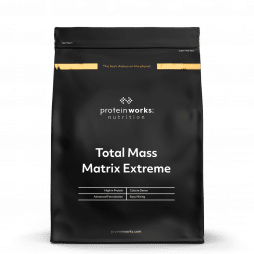
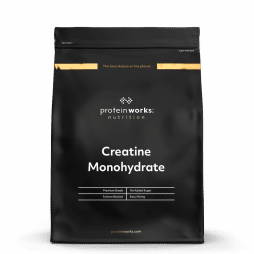
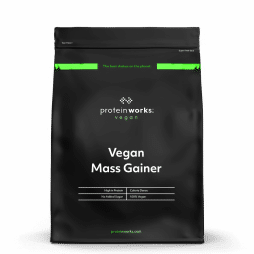
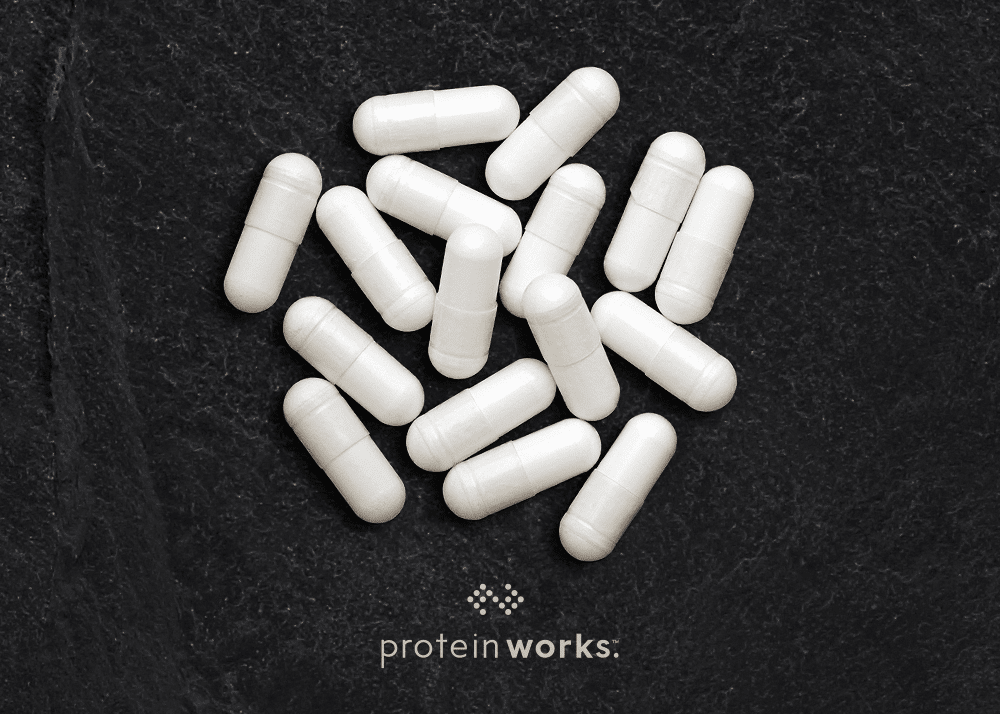

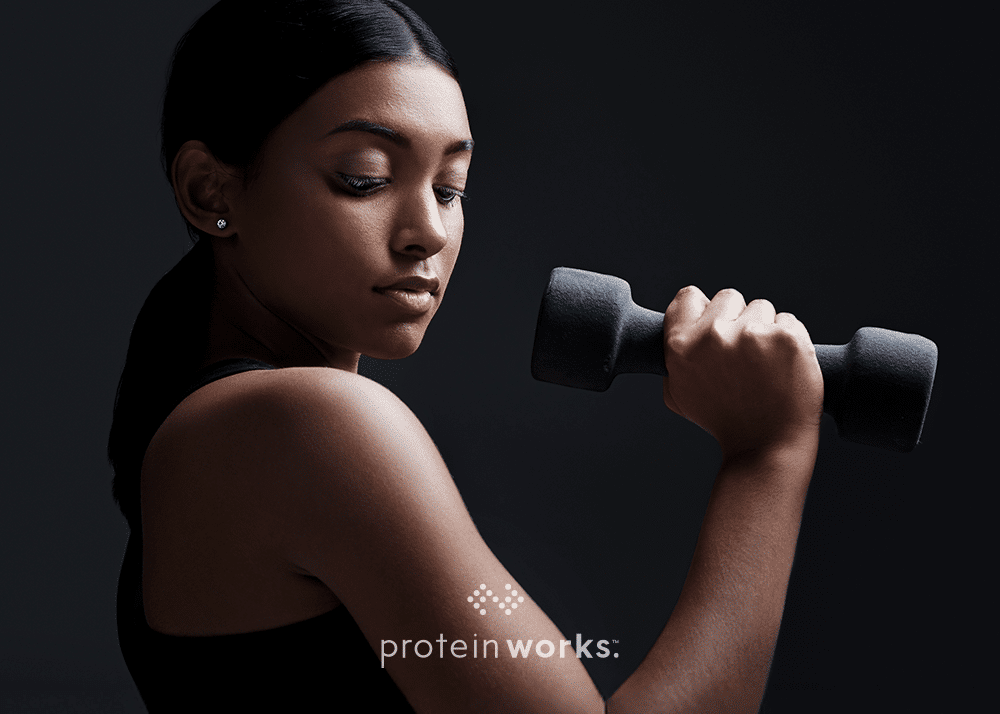
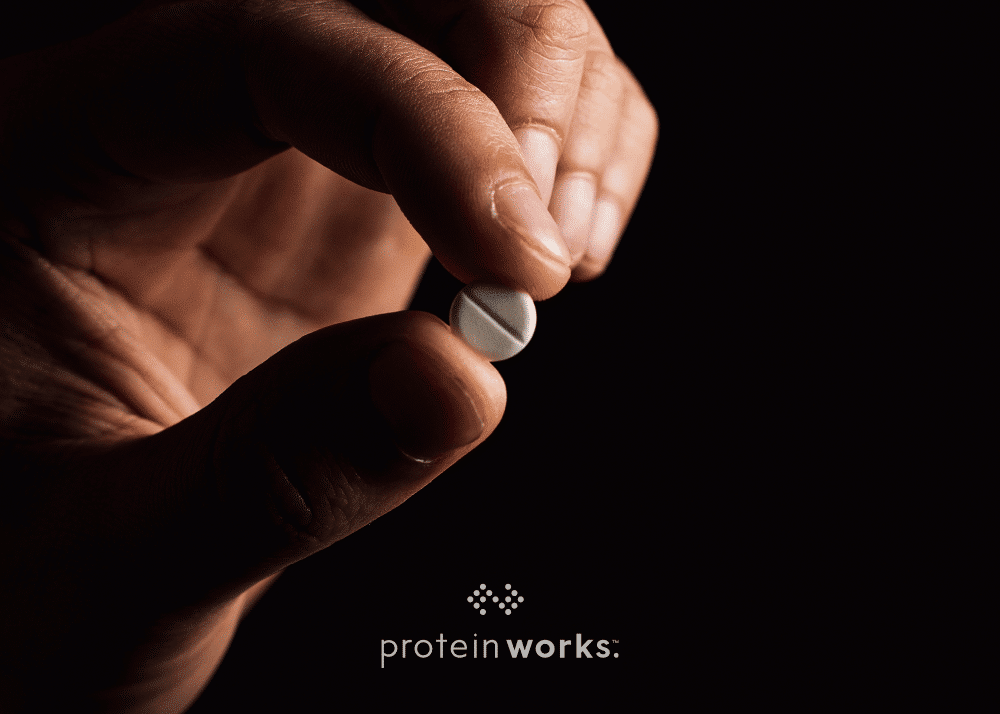
No Comments yet!